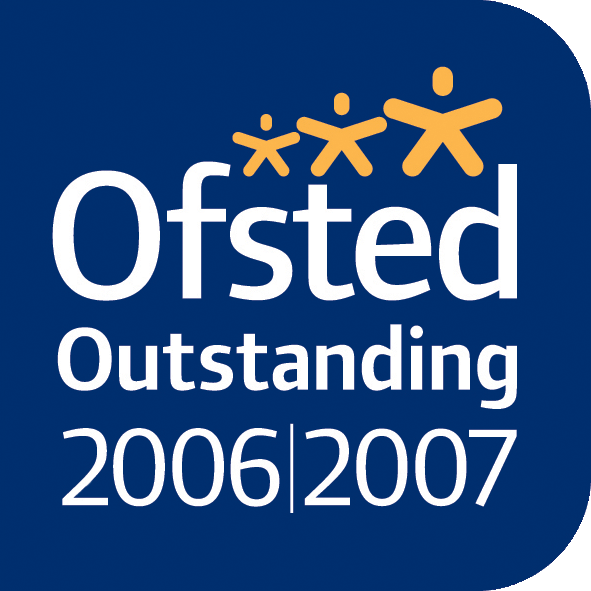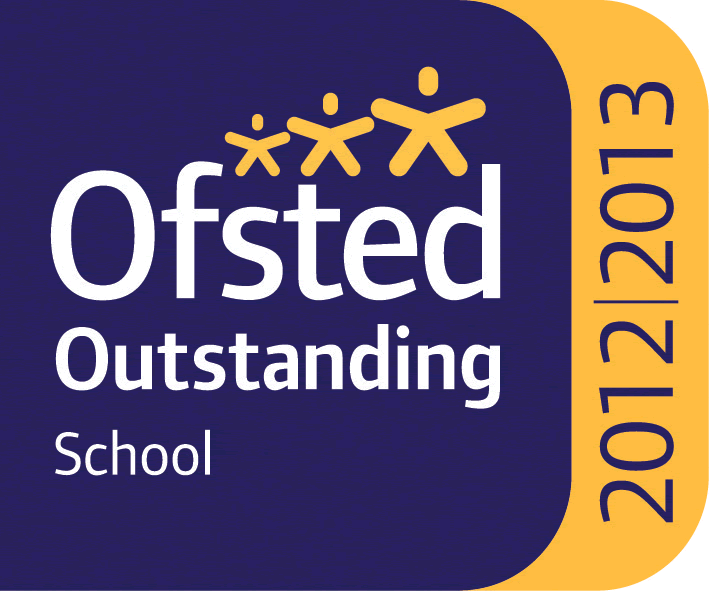Key Stage 3 - Modern Foreign Languages
The overarching aim for Languages at key stage 3 is to foster pupils’ curiosity and deepen their understanding of the world. It will enable pupils to express their ideas and thoughts in another language and to understand and respond to its speakers, both in speech and in writing. It will also provide opportunities for them to communicate for practical purposes, learn new ways of thinking and read great literature in the original language.
Aims
The key stage 3 curriculum for languages aims to ensure that all pupils:
- Understand and respond to spoken and written language from a variety of sources, including various authentic ones
- Speak with increasing confidence, fluency and spontaneity, finding ways of communicating what they want to say, including through discussion and asking questions, and continually improving the accuracy of their pronunciation and intonation
- Can write at varying length, for different purposes and audiences, using the variety of grammatical structures that they have learnt
- Discover and develop an appreciation of a range of writing in the language studied
- Develop their ability to work independently
The majority of pupils will study both French and Spanish in Year 7, before choosing the language they will continue to study in years 8, 9 and in upper school. They will be taught to:
- Identify and use tenses or other structures which convey the present, past, and future as appropriate to the language being studied
- Use and manipulate a variety of key grammatical structures and patterns
- Develop and use a wide-ranging and deepening vocabulary that goes beyond their immediate needs and interests, allowing them to give and justify opinions and take part in discussion about wider issues
- Use accurate grammar, spelling and punctuation in both the foreign language and in English, as translation is once again a key skill
- Listen to a variety of forms of spoken language to obtain information and respond appropriately
- Transcribe words and short sentences that they hear with increasing accuracy
- Initiate and develop conversations, coping with unfamiliar language and unexpected responses, making use of important social conventions such as formal modes of address
- Express and develop ideas clearly and with increasing accuracy, both orally and in writing
- Speak coherently and confidently, with increasingly accurate pronunciation and intonation
- Read and show comprehension of original and adapted materials from a range of different sources, understanding the purpose, important ideas and details, and provide an accurate English translation of short, suitable material
- Read literary texts in the language [such as stories, songs, poems and letters], to stimulate ideas, develop creative expression and expand understanding of the language and culture
- Write prose using an increasingly wide range of grammar and vocabulary, write creatively to express their own ideas and opinions, and translate short written text accurately into the foreign language.




